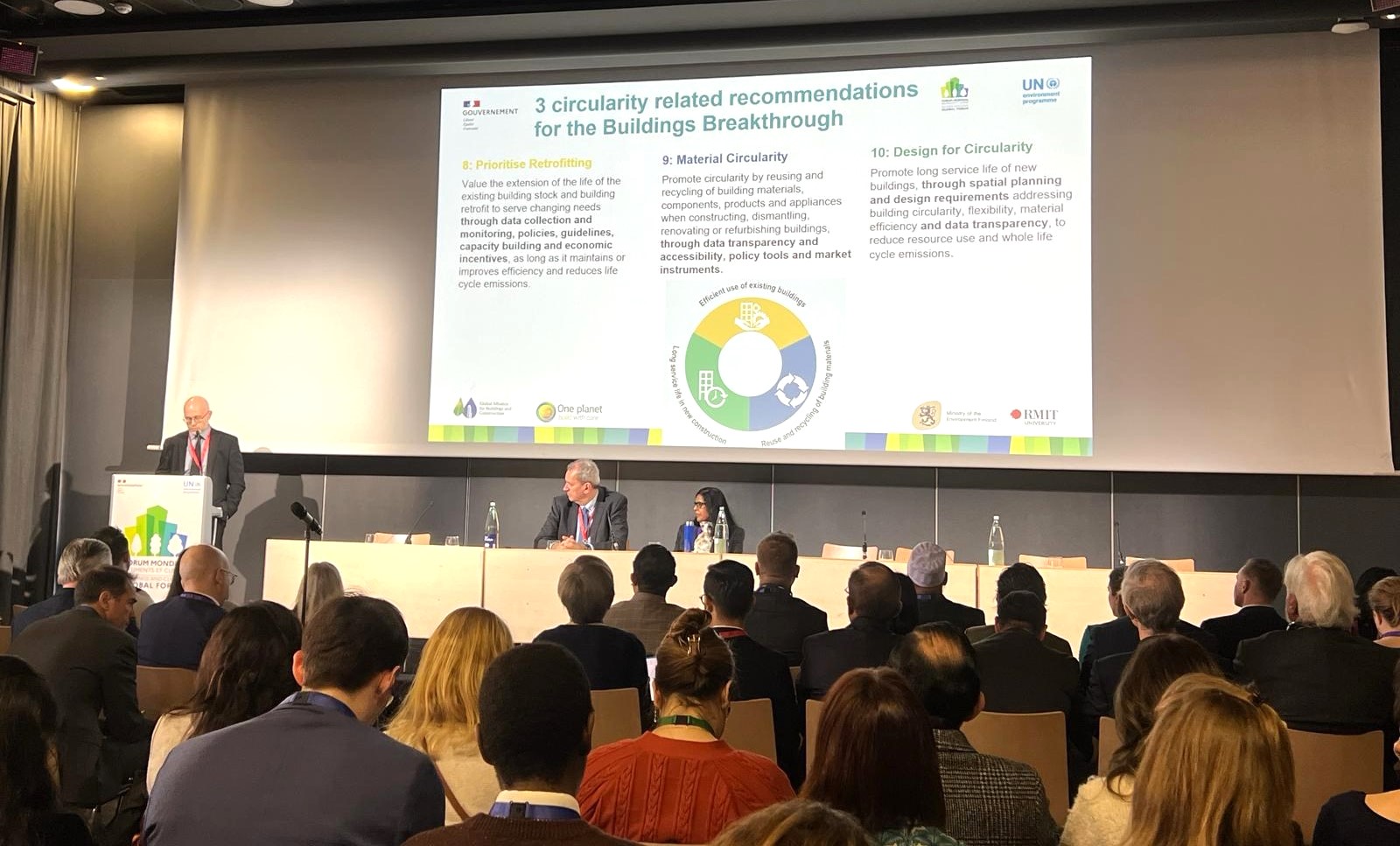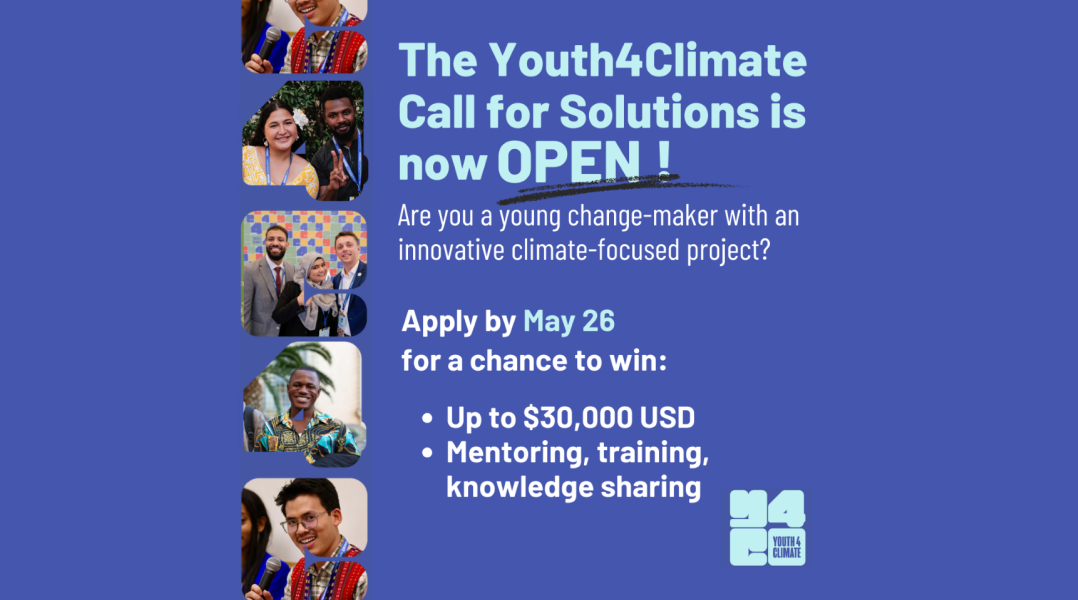Book Release: What will we eat tomorrow?

What will we eat tomorrow?
According to a report by the Ellen MacArthur Foundation on Cities and Circular Economy for Food, 80% of all food is expected to be consumed in cities by 2050. This kind of statistic is one of the driving forces behind the book "What will we eat tomorrow? Food smart cities leading the transition to sustainable food", a collaboration between the Rikolto Food Smart Cities Programme and the Belgian science magazine Eos Tracé.
Between March and August 2019, three journalists from Eos Tracé visited partner cities of Rikolto's Food Smart Cities programme. During these visits, they interviewed more than 130 people and discovered initiatives that make safer, healthier and more sustainable food accessible to citizens. This book tells their stories from 9 cities in Vietnam, Belgium, Tanzania, Indonesia, Ecuador, Honduras and Nicaragua.
The publication hopes to jumpstart initiatives to improve the quality and sustainability of food by showing what has already been possible in diverse contexts. Such a transformation isn’t easy, as the stories in the book demonstrate. There is no such thing as a standard approach for all cities. Customisation is key. Moving towards sustainable and inclusive food systems is not a linear process, and the obstacles which must be overcome will vary from situation to situation, highlighting the need for customisation of possible solutions.
According to the authors, the make-or-break factor will be our ability to learn and to adapt in complex environments. Through trial and error, today’s changemakers are paving the way for the next generation to ensure that healthy and sustainable food is accessible to everyone, now and in the future.

